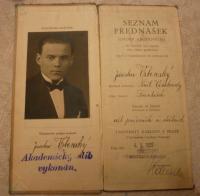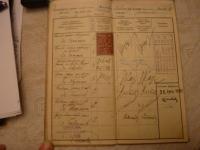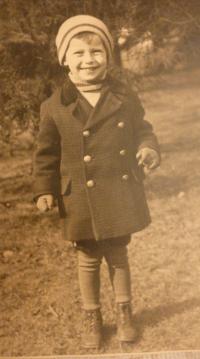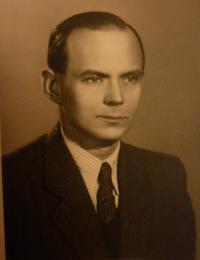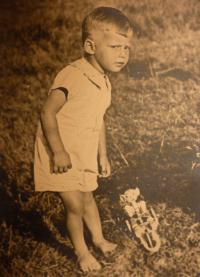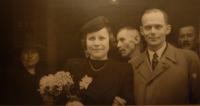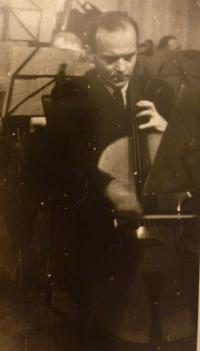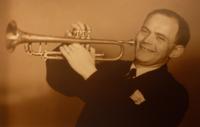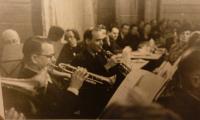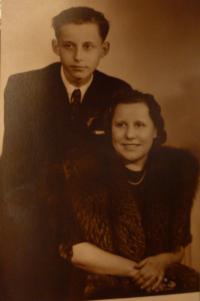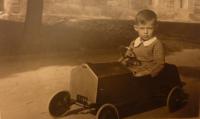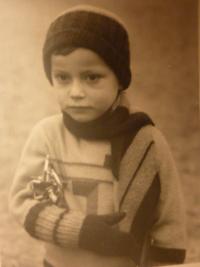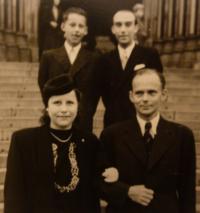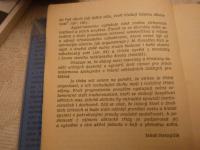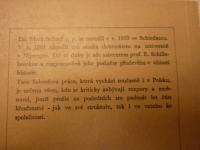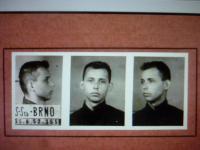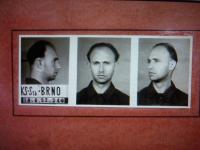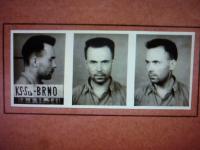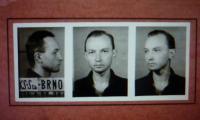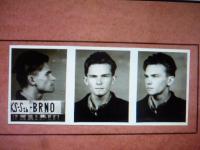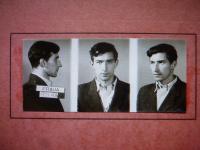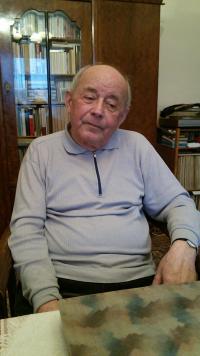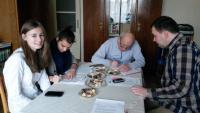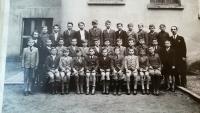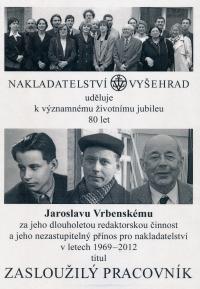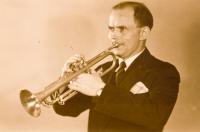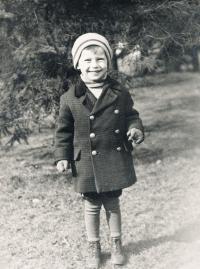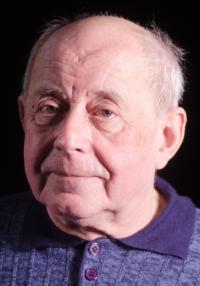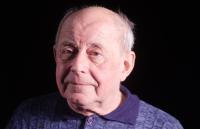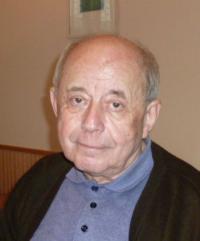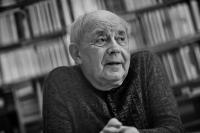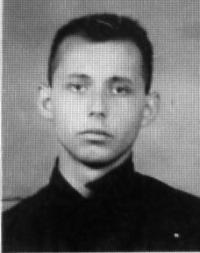People should do their jobs properly and think of others as well

Stáhnout obrázek
Jaroslav Vrbenský was born on 4th February 1932 in Prague, in the family of a Zemská Bank official, a trumpetist and conductor of the Vyšehrad choir Jaroslav Vrbenský. He has been motivated for music since his childhood, especially for playing the piano. He went to the grammar school in Slovenská street in Prague - Vinohrady from 1943 to 1951, started serving as an altar boy at the Holy Heart of Jesus church in Vinohrady, took part in the Bible Competition and activities of his parish priest, religious education teacher and director of Legio Agelica ministrant group, Josef Gabriel. He became a member of the Československý Junák (scout group) in Pankrác, Orel tennis club in Vršovice and became an assistant organist at the Holy Heart of Jesus. In autumn 1949 he took part in a one-day spiritual exercise with Jesuit priests Adolf Kajpr and František Mikulášek and after their arrest (by communist police) in 1950 he began setting up a secret network of catholic student ´circles´in the spirit of the Flemish catholic movement Jeunesse ouvrière chrétienne (JOC). He organised two catholic youth summer jobs (in Šternov/Divíšov - 1951 and Paseky nad Jizerou - 1952) and was thinking of studying for a priest. Through the catholic priest of Rohozná František Myslivec, he established a contact with alleged people smugglers, (in real) secret police agent provocateurs and tried to arrange illegal border crossing for the prosecuted priests Karel Pilík and Antonín Bradna. On 23rd August 1952, he was arrested in Paseky nad Jizerou, interrogated in Brno, Příčná street, and taken into custody in Ostrava. On 25th June 1953 he was given a 12 year sentence in the fabricated trial Antonín Bradna and Company. He served his sentence in prisons and forced labour camps in Leopoldov, Bytíz, Vojna, Karouzy and Mírov successively. He was released on 22nd December 1962, shortly worked in a boiler room, in a maintanance group and became an editor of the Vyšehrad publishing house (since 1st April 1969 - up to now). He participated actively in the Jircháře Ecumenical Seminar and helped to bring out several editions of Christian philosophical and theological literature under the Vyšehrad (Studium, Prameny, Krystal etc.). In the 1970s and 80s, he arranged publishing valuable literature despite being under constant pressure from the Book Department of communist Ministry of Culture. He is currently working as an external staffer for the Vyšehrad publishing house in Prague.
